Many find themselves in the unsettling position of facing tax liabilities due to actions taken by their spouse or former spouse. A beacon of hope in such situations is the possibility of Innocent Spouse Relief, but a key hurdle often stands in the way: determining whether the spouse seeking relief had knowledge of the tax understatement. This precise question of knowledge: did you know, or should you have known, about the inaccuracies on your joint tax return, is central to your path forward.
The landmark case of “Di Giorgio v. Comm’r, T.C. Memo 2023-44” delves deep into this issue, offering clarity on what constitutes “knowledge” in the eyes of the law. Through the lens of this case, we can gain insights into how the IRS and courts interpret the crucial knowledge requirement, potentially illuminating your situation and options.
Understanding the Knowledge Requirement
The Internal Revenue Code Section 6015(b) lays out conditions under which a spouse can qualify for Innocent Spouse Relief. Among these, the knowledge requirement (Section 6015(b)(1)(C)) plays a critical role. It necessitates that the requesting spouse must not have known, nor had reason to know, about the understatement of tax at the time of signing the joint return.
The Case of Di Giorgio
In “Di Giorgio v. Comm’r,” the court focused on whether Ms. Di Giorgio had actual or constructive knowledge of the understatement, stemming from Mr. Di Giorgio’s unreported income and erroneous deductions. The findings were pivotal:
- Actual Knowledge: Defined by regulations, actual knowledge involves awareness of the income received or the facts making a deduction not allowable. Ms. Di Giorgio was found not to have actual knowledge, as she lacked access to the pertinent accounts and was unaware of the specific business dealings and income.
- Constructive Knowledge: This concept hinges on whether a reasonably prudent taxpayer in the spouse’s position should have known of the understatement. Factors include the spouse’s education, involvement in financial affairs, lifestyle changes, and any deceit by the non-requesting spouse. Ms. Di Giorgio was determined to lack constructive knowledge, given her limited involvement in financial matters and Mr. Di Giorgio’s control and evasion regarding finances.
Key Takeaways from Di Giorgio
The “Di Giorgio” case underscores several critical points for spouses seeking Innocent Spouse Relief:
- Evidence of Isolation from Financial Affairs: Ms. Di Giorgio’s limited involvement in the family’s financial and business affairs significantly contributed to the court’s finding of no constructive knowledge.
- Importance of the Non requesting Spouse’s Behavior: Mr. Di Giorgio’s evasiveness and deceit played a crucial role in assessing Ms. Di Giorgio’s knowledge or lack thereof.
- Lifestyle and Expenditures: The court considered lifestyle and expenditures, finding that Ms. Di Giorgio’s improved standard of living did not equate to knowledge of the tax understatement.
Conclusion
The “Di Giorgio v. Comm’r” case is instructive for understanding the nuances of the knowledge requirement in Innocent Spouse Relief cases. It highlights that each case’s specific facts and circumstances are critical in determining eligibility for relief. For spouses navigating similar challenges, this case emphasizes the importance of demonstrating a lack of knowledge regarding understated taxes.
If you’re facing tax complications and believe Innocent Spouse Relief may be applicable to your situation, The Business Law Group is ready to provide the guidance and support you need. Our expertise can help clarify your options and navigate the complexities of tax law to protect your interests.
This article is provided for informational purposes only and does not constitute legal advice. Tax laws and interpretations are complex and subject to change, and the specifics of any case can significantly affect the applicability of Innocent Spouse Relief. We strongly recommend consulting with a qualified tax professional or attorney to understand your situation fully. The Business Law Group cannot be held responsible for any actions taken based on the information provided in this article.


